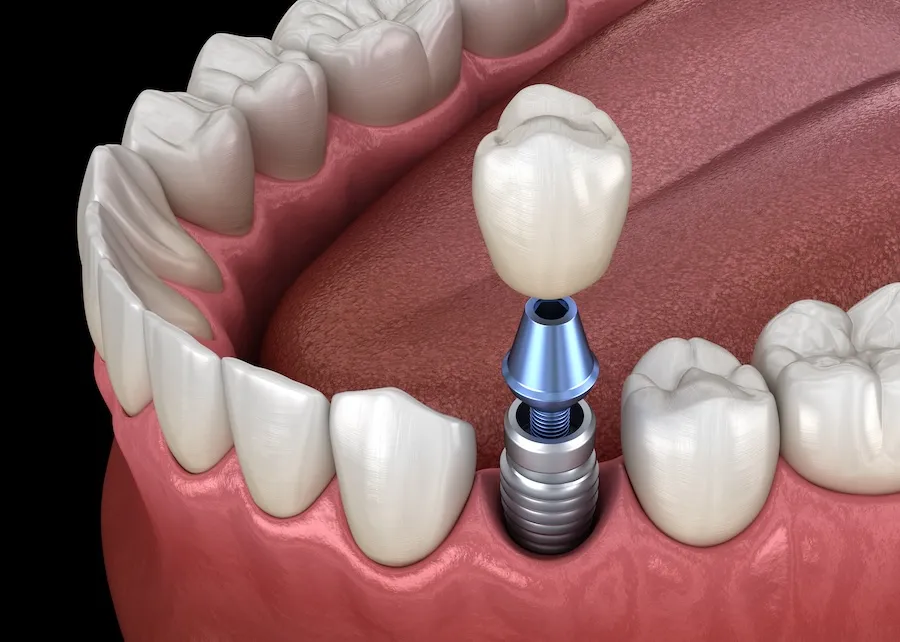How Nuclear Stress Testing Helps Detect Heart Disease
Your heart is one of the most hardworking organs in your body, pumping blood tirelessly to keep all systems running smoothly. Taking care of it is key to your overall health. Understanding how well the heart is functioning is helpful, especially if issues are suspected.One method offering valuable insights is nuclear stress testing.
Understanding Nuclear Stress Testing
Nuclear stress testing is a type of diagnostic procedure that helps assess how well blood flows to the heart. It is done both when you’re at rest and when your heart is working harder. During this test, a small amount of a radioactive substance, or tracer, is injected into the bloodstream. This tracer allows specialized imaging technology to capture detailed pictures of your heart’s activity.
Stress testing typically has two parts. First, pictures of your heart are taken while you’re at rest. Then, stress is introduced—either through physical exercise, like walking on a treadmill, or medication that mimics exercise by stimulating the heart. Imaging is repeated during the stress phase to compare how your heart performs under both conditions. The entire process is monitored by trained healthcare professionals who prioritize your safety and comfort.
How It Detects Heart Issues
The primary goal of nuclear stress testing is to assess blood flow to your heart and reveal any irregularities in how your heart functions. These details help healthcare providers better understand your unique situation and provide recommendations based on those insights.
Stress testing detects areas of the heart that may not receive enough blood flow due to blockages or narrowed arteries. It can also spot areas of damaged heart tissue. This damage may be evidence of past heart events like a heart attack. Additionally, the results may help evaluate whether current treatments are effectively managing an existing heart condition.
This test is especially useful for individuals who have symptoms like chest pain, shortness of breath, or excessive fatigue during physical activity, as these can sometimes be linked to heart function.
Heart Health and You
Your heart health affects every part of your life, from your energy levels to your ability to enjoy daily activities. Paying attention to subtle signs your body gives you can make a significant difference in managing and preventing issues. Things like monitoring your blood pressure, maintaining an active lifestyle, and following a balanced diet all play a role in supporting your heart’s well-being.
Testing methods provide additional clarity when concerns arise. They are tools that allow healthcare providers to gather a more complete picture of how your heart is performing. This can be particularly helpful for proactively addressing potential problems before they progress.
When to Seek a Specialist for Heart Health
Knowing when to consult a heart specialist, known as a cardiologist, is just as key as maintaining healthy habits. If you’ve experienced ongoing symptoms such as shortness of breath, chest discomfort, or dizziness, it may be time to seek professional guidance.
Risk factors such as a family history of heart disease, high cholesterol, diabetes, or smoking increase the likelihood of heart-related issues. For anyone with these risks, a conversation with a specialist will help determine if further evaluation is appropriate.
Preparing for a Healthy Future
Nuclear stress testing is a powerful tool that allows healthcare providers to better understand how blood flows to your heart, both at rest and under stress. It can reveal areas that may not be performing as expected. It offers valuable insights into your heart health and helps in guiding decisions for future care. If you’ve been experiencing symptoms related to your heart or have risk factors for heart disease, it might be time to consult a cardiologist. Your heart works hard for you—taking the time to care for it can make all the difference.











Post Comment